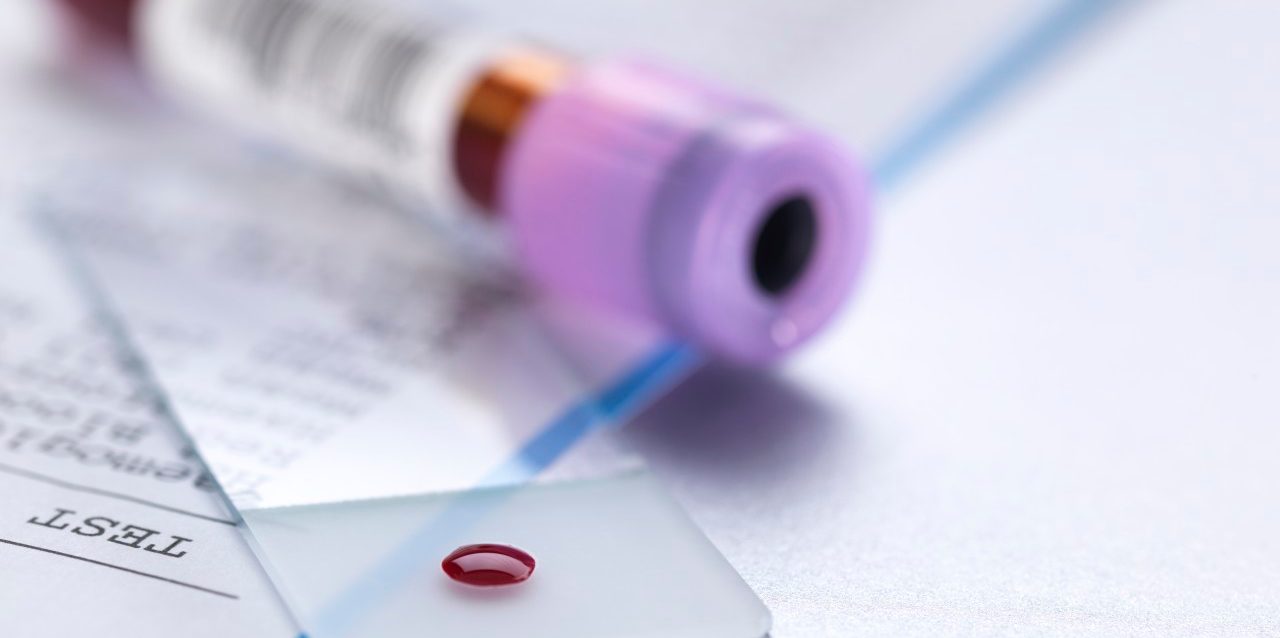Fasting Blood Glucose Test

A fasting blood glucose test lets your doctor screen you for diabetes and other dangerous conditions. Who should get a fasting blood glucose test?
A fasting blood glucose test measures the amount of glucose in your blood after you have refrained from eating or drinking anything but water. It is used to screen for diseases such as diabetes or hypoglycemia. It can also be called a fasting blood sugar test or a fasting plasma glucose test.
YOU MIGHT ALSO LIKE: Type 2 Diabetes Symptoms
What is glucose?
After you eat carbohydrates — including fruits, vegetables, grains, dairy, and sugar — your body converts them into a sugar called glucose, which it then uses for energy. This process causes your blood sugar levels to rise for an hour or two after you eat.
Elevated blood sugar triggers the release of insulin, a hormone produced in the pancreas, that helps your body process glucose. If your glucose levels remain too high for too long, it can eventually cause damage to your kidneys, eyes, blood vessels, and nerves. If your body releases insulin correctly, it lowers your blood sugar levels and prevents this damage from occurring.
What does a fasting blood glucose test check for?
When you fast for eight hours or more, your body makes the hormone glucagon, which causes your liver to release stored glucose to use for energy. Typically, your body will produce insulin to balance the level of glucose in your blood. A blood glucose test performed after fasting checks whether the sugar levels in your blood have gone down or remained the same.
A blood glucose test is often used to diagnose diabetes. If you have type 1 diabetes, your body does not produce enough insulin to rebalance the sugar in your blood. If you have type 2 diabetes, your body will produce insulin but not be able to use it effectively. In either case, your glucose levels will remain elevated, which is also known as hyperglycemia.
If you have already been diagnosed with diabetes, a fasting blood sugar test may be used to monitor your disease and see whether any medication you are on – and your diet and weight control – is effective.
A fasting blood glucose test can also check for hypoglycemia, or low blood sugar. Hypoglycemia occurs in people with diabetes. It can also occur on its own, as a result of a liver or kidney condition, along with pregnancy, as a reaction to a medication, or when you skip meals or eat too little.
A fasting blood sugar test can also be used to check for gestational diabetes, hyperthyroidism, and certain diseases of the pancreas.
Who should get a fasting blood glucose test?
Your doctor may order tests if you have risk factors for diabetes or have failed a previous glucose challenge test. Risk factors include being overweight, obese, or physically inactive; having high blood pressure, high cholesterol, prediabetes, or heart disease; or a family history of diabetes.
Diabetes can be deadly; according to the Centers for Disease Control and Prevention, diabetes is the seventh leading cause of death in the United States. It is important to have your blood sugar levels checked regularly if you have risk factors for diabetes or have diabetes.
Glucose testing is also important for pregnant women. According to the American Pregnancy Association, glucose screening is standard in the early third trimester. If you have an abnormal result on this test, you may be asked to take a fasting glucose test to check for gestational diabetes.
Your doctor may recommend a fasting blood sugar test if you show signs of hypoglycemia. These symptoms include dizziness, headache, confusion, extreme hunger, sweating, shaking, blurred vision, or an inability to concentrate.
How does a fasting blood glucose test work?
If your doctor orders a fasting blood glucose test, you will need to go to a lab to have it performed. You may need to stop taking certain medications that affect your blood sugar, including acetaminophen, diuretics, and antidepressants. Talk to your doctor about any medications you use to see if they will affect your results.
Before the test, refrain from eating or drinking anything but water for 8 to 14 hours. This triggers the release of glucagon in your blood. It is often a good idea to schedule these tests first thing in the morning, as your body will already be in a fast state from not eating during the night.
To perform the test, a lab tech will draw blood once after you fast for at least 8 hours. Another blood glucose test your doctor may order is a glucose tolerance test. Once testing is done, a report will be sent to your doctor, who will meet with you to discuss the results and any additional steps or let you know you have normal fasting blood glucose levels.
YOU MIGHT ALSO LIKE: Glycemic Load – A Better Way to Monitor Blood Sugar?
Updated:
February 28, 2020
Reviewed By:
Janet O’Dell, RN